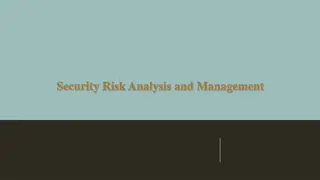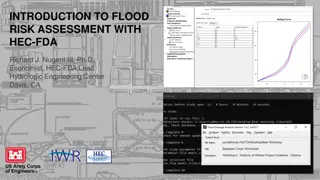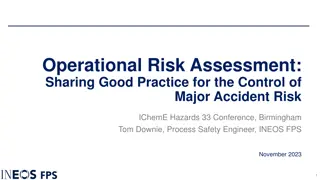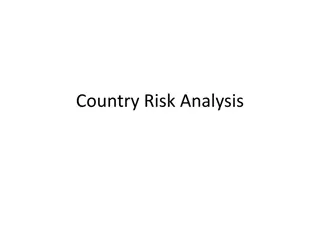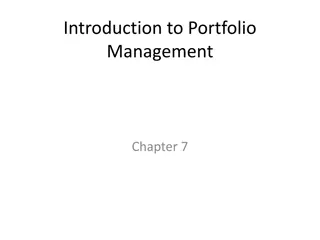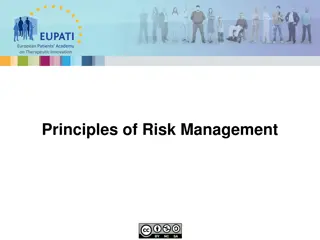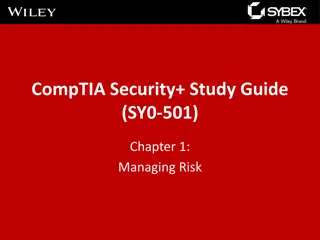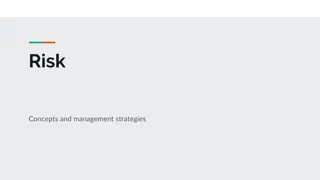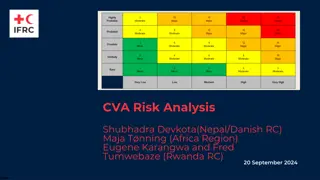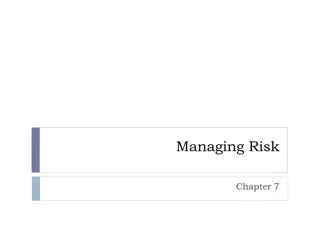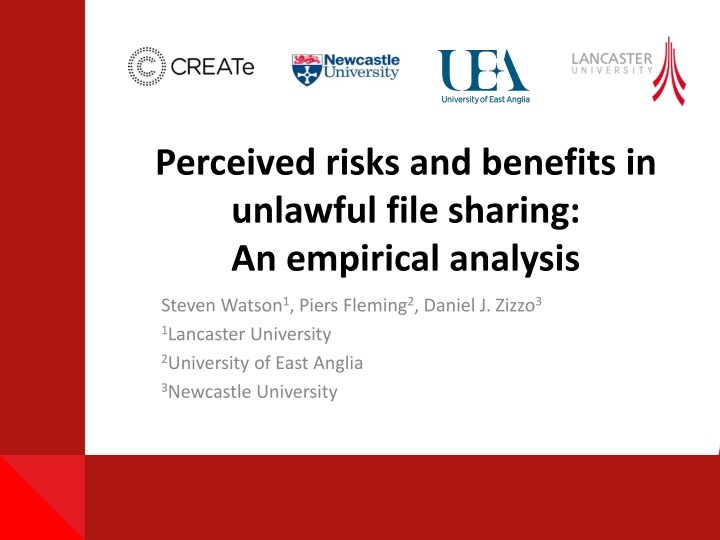
Perceived Risks and Benefits in Unlawful File Sharing: An Empirical Analysis
Explore the findings of an empirical analysis on unlawful file sharing, including risk perception, affect heuristic, industry and regulator trust, and the relationship between perceived risk and benefit. The study delves into the motivations and behaviors behind file sharing, shedding light on important factors that influence decision-making in this domain.
Download Presentation

Please find below an Image/Link to download the presentation.
The content on the website is provided AS IS for your information and personal use only. It may not be sold, licensed, or shared on other websites without obtaining consent from the author. If you encounter any issues during the download, it is possible that the publisher has removed the file from their server.
You are allowed to download the files provided on this website for personal or commercial use, subject to the condition that they are used lawfully. All files are the property of their respective owners.
The content on the website is provided AS IS for your information and personal use only. It may not be sold, licensed, or shared on other websites without obtaining consent from the author.
E N D
Presentation Transcript
Perceived risks and benefits in unlawful file sharing: An empirical analysis Steven Watson1, Piers Fleming2, Daniel J. Zizzo3 1Lancaster University 2University of East Anglia 3Newcastle University
Risk and behaviour Unlawful file sharing is widespread Legal challenges to reduce impact Risk vs. benefit as a motivator
Risk perception Additional moderators of risk perception The affect heuristic Negative relationship between perceived benefit and perceived risk Trust Anonymity Media
Survey Large two part survey by market research company Part one: Risk, Benefit, Trust (industry and regulators), Anonymity Part two: Extent of file sharing since part one Participants: eBooks (n = 737, M = 47.2 years, SD = 15.4 years), Music (n = 658, M = 47.3 years, SD = 15.36 years)
Results * * 35 eBooks 30 Music * Scale Score 25 20 15 10 Risk Benefit Trust in industry Trust in regulating authorities Anonymity
Risk or benefits Wald 2 (1df) .19 20.43 .002 82.31 Lower 95% CI .97 1.04 .96 1.11 Upper 95% CI 1.05 1.11 1.04 1.18 Media Variable OR p eBooks Risk Benefit Risk Benefit 1.01 1.07 1.00 1.15 .666 <.001* .965 <.001* Music Outcome variable is self-reported unlawful downloads: None, low (1-3 files) or high (4+ files)
Affect heuristic Media eBooks Variable Beta Constant 27.41 Benefits Constant 26.70 Benefits s.e. .61 .03 .58 .02 t 45.12 -6.63 46.31 -4.79 p <.001 <.001 <.001 <.001 -.18 Music -.11 Outcome variable is perceived risk of unlawful downloading
Industry trust 27 27 Low trust 26 26 Perceived risk 25 25 Perceived risk 24 24 High trust 23 23 22 22 21 21 20 20 Low benefit High benefit Low benefit High benefit eBooks Music High trust in industry is associated with higher risk In music, high trust is associated with a stronger relationship between perceived risk and benefit
Regulator trust Low trust High trust 26 26 Perceived risk Perceived risk 24 24 22 22 20 20 Low benefit High benefit Low benefit High benefit eBooks Music High trust in regulators is associated with higher risk In music, and possibly eBooks, high trust is associated with a stronger relationship between perceived risk and benefit
Anonymity 26 26 Low anonymity Perceived risk Perceived risk 24 24 High anonymity 22 22 20 20 Low benefit High benefit Low benefit High benefit eBooks Music High perceived anonymity is associated with lower risk High anonymity is associated with a weaker relationship between perceived risk and benefit
Conclusions Affect heuristic present in unlawful file sharing Trust in punitive entities increased risk perception Anonymity decreased risk perception
Conclusions Risk does not predict behaviour whereas benefit does Suggests policy should focus more on encouraging solutions that target benefits: Encourage legal services that meet demands of consumers Undermine the benefits of unlawful services Supply Quality

